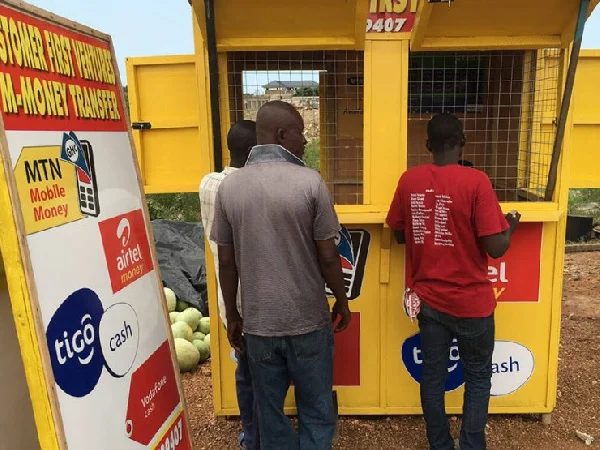On May 1, 2022, the Mobile Money Agents Association of Ghana urged its members to comply with the newly implemented Electronic Transfer Levy (E-Levy), enacted under the Electronic Transfer Levy Act, 2022 (Act 1075). The legislation, passed by Parliament on March 29 and receiving Presidential Assent on March 31, introduced a 1.5% tax on electronic transfers. “Members are to note that deposits, withdrawals, cash outs and savings on momo wallet activities will not attract e-levy,” the Association stated, clarifying that agents do not collect the levy, per GNA.
Public Education and Compliance
The Association emphasized educating the public to “restore confidence in the continuous usage of the platform to facilitate all financial transactions.” It urged members to avoid actions that overburden customers, stating, “Any acts that over burden the customer must be highly eschewed,” per GNA. The statement highlighted the collective interest in sustaining the mobile money business, with agents instructed not to charge customers directly for the levy, as collection is handled by the Ghana Revenue Authority (GRA).
Addressing Agent Challenges
Acknowledging operational difficulties, the Association noted, “Management highly appreciate the longstanding challenges facing agents in the business and [is] taking steps at remedying them as soon as discussions on the e-levy settle,” per GNA. The E-Levy targets electronic payments above a GH¢100 daily threshold, excluding transfers between accounts of the same person, government payments, and certain merchant transactions, aiming to boost revenue for national development.
Implementation Context
The E-Levy’s rollout followed extensive parliamentary debate, with banks and telecoms notifying customers via text messages about its start, per GNA. “Agents have no hand in e-levy charges or collection,” the Association reiterated, ensuring clarity to maintain trust in mobile money services. The tax aims to capitalize on Ghana’s growing digital economy, though public concerns about added costs surfaced during consultations, per GNA.
Sustaining Mobile Money’s Role
The Association underscored the importance of compliance to preserve mobile money’s role in Ghana’s financial ecosystem. “It was in their collective interest to sustain the business,” per GNA, as the platform supports millions of daily transactions. The E-Levy’s implementation marked a significant step in Ghana’s tax policy, with the GRA tasked to ensure smooth integration into electronic payment systems by May 2022.






